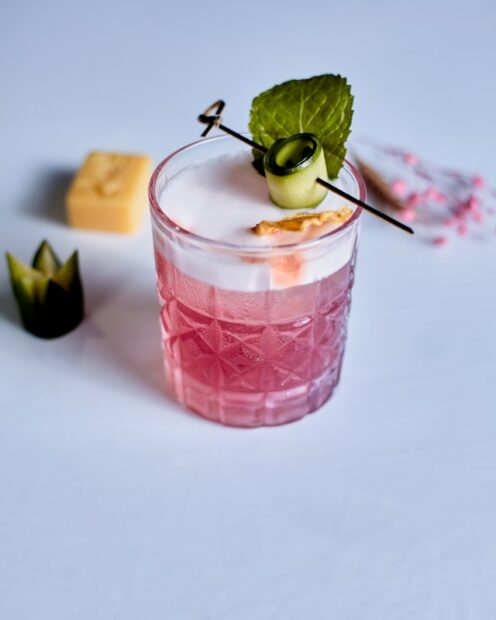In a world that constantly demands speed, efficiency, and stimulation, more and more people are looking for an alternative way to stop, listen to themselves, and choose a life of depth. One of the most transformative paths to inner balance is the practice of mindful presence. It is meditation, particularly in the Vipassana tradition represented by Vipassana.ca, that offers a method of deep self-observation that helps to transcend reactive life and find peace in every moment.
One of the daily, accessible, and practical ways to maintain this inner state is to choose non-alcoholic beverages. Although at first glance these things seem far apart, they are actually united by a common idea: conscious choice, refusal of automatic habits, and taking care of your own body and mind.
The practice of Vipassana is based on deep self-observation, namely the purification of the mind through attentive, dispassionate observation of body sensations, which helps to eradicate deep-rooted reactions. Such a process is impossible without clarity of consciousness, which is often drowned out by external influences, including food, media, and, of course, alcohol.
Awareness in every sip: a philosophy of choice
Vipassana teaches not only to sit in silence but also to see the causes and consequences of every action. That is why retreat graduates often consciously change their habits: in eating, entertainment, in consuming substances that affect mental clarity. Alcohol, although socially acceptable, directly contradicts the basic principle of Vipassana – to maintain clarity of observation. Therefore, it is not surprising that many practitioners give up alcohol for good or minimize its use.
However, this refusal does not mean asceticism or loss of pleasure in life. On the contrary, it opens up a new palette of sensations, in which every taste and flavor is perceived much more subtly. This is where soft drinks play a key role.
The new generation of soft drinks: pleasure without compromise
Modern non-alcoholic aperitifs allow you to maintain a sense of celebration and elegance without sacrificing inner balance. Created with herbs, plant extracts, and natural flavors, these drinks are ideal for those who want to maintain a meditative practice without losing their social life. Not only do they not interfere with concentration, but they can also enhance the ritual side of life – creating a moment of presence in which a sip of a drink becomes an act of attention.
Detox is not only physical but also mental
During the 4-day Vipassana retreat, participants adhere to strict rules: silence, no eye contact, simple vegetarian food, and no stimulants of any kind, including caffeine and alcohol. This creates ideal conditions for “purification” – not only of the body but also of the mind. After this experience, many people say that they no longer crave old habits – especially those that drown out the mind or reduce energy levels.
And it is at this point that the need for an alternative arises. For example, when you want to relax after work, meet friends, create a special atmosphere – but not go back to alcohol. Botanical-based soft drinks are the perfect solution. Not only are they aesthetically pleasing, but they also match the new lifestyle that emerges after a deep inner transformation.
A conscious social choice
Another common thread between Vipassana and the movement for alcohol-free alternatives is a critical look at social patterns. Drinking “to relax,” “because everyone else is drinking,” or “to support the company” is a reactive behavior. Meditation teaches you to respond, not react. That’s why choosing a non-alcoholic aperitif in a bar is not a compromise, but a manifestation of freedom: you don’t adapt, you choose.
This trend is growing. Many millennials and members of Generation Z are already reducing or eliminating alcohol from their lives. This is often due to mental health, focus, and productivity, but also to the desire to live more consciously, responsibly, and in harmony with oneself.
Touching the sacred in the everyday
The practice of Vipassana teaches you to find meaning in the smallest things: how you breathe, how you eat, how you perceive taste and texture. In this context, even a drink becomes part of the practice when you don’t automatically swallow, but stop, feel, and accept. Non-alcoholic aperitifs can become part of such a daily ritual: as an evening moment of awareness, the end of the day, a celebration of silence and presence.
Conclusion: a new culture of balance
Vipassana.ca is not just about meditation. It’s about a culture of mindfulness, in which choosing a non-alcoholic drink is not a rejection of pleasure, but rather a new way to live the moment more deeply.
Mindful living is not just about meditation cushions or retreats. It’s about the little things we do every day: how we start our day, who we spend our evenings with, what we put in our glass. And that’s where the two cultures of Vipassana and the new generation of soft drinks come together in a common movement for a deeper, clearer, fuller life.
